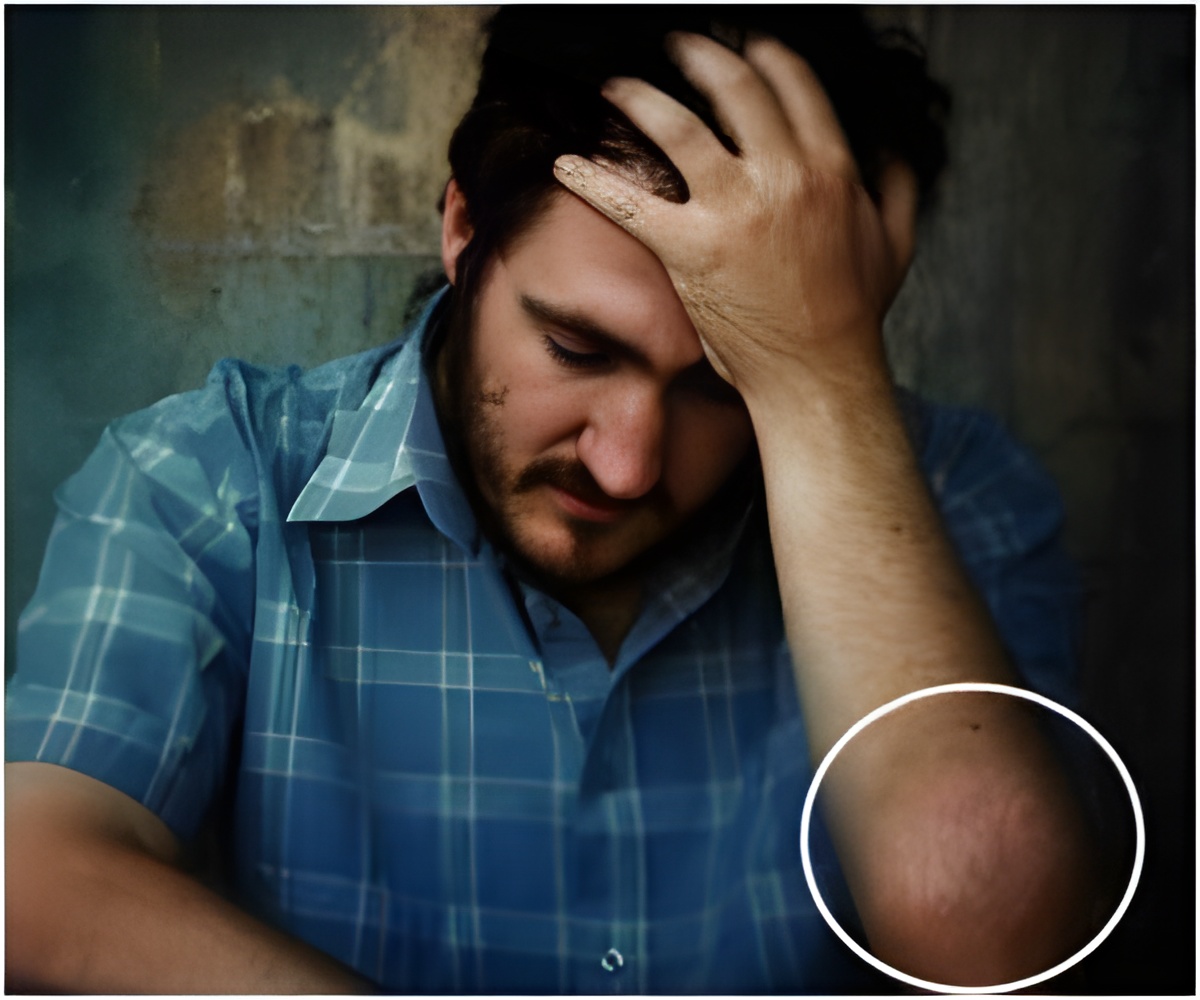Complex association between the skin and stress has been shown in a recent research.

When responding to protect the skin, neuropeptides can create inflammation and an uncomfortable skin sensation, such as numbness, itching, sensitivity or tingling.
However, Dr. Fried explained that stressful situations could cause neuropeptides to be inappropriately released, which can lead to a flare of skin conditions.
"Until recently, it was thought that neuropeptides only stayed in the skin when they were released," said Fried.
"But we now know that they travel to the brain and ultimately increase the reuptake of neurotransmitters - meaning that stress depletes the chemicals that regulate our emotions, such as serotonin, norepinephrine, and dopamine. For example, when psoriasis patients feel stressed about their condition, it can aggravate their symptoms and lead to a further decline in their emotional state, which becomes a vicious cycle," added Fried.
To help patients combat stress-aggravated skin conditions,. Fried recommends that appropriate stress management strategies be used in conjunction with traditional dermatologic therapies. These strategies include psychotherapy, cognitive behavioural therapy, meditation, hypnosis, tai chi, yoga, antidepressants and beta blockers.
Advertisements
If stress compromises the skin's barrier function, more irritants, allergens, and bacteria can penetrate the skin and cause problems. Specifically, stress can make a person's rosacea more red or acne lesions more inflamed and more persistent. It can worsen hives, fever blisters, psoriasis and seborrheic dermatitis.
Advertisements
Source-ANI















